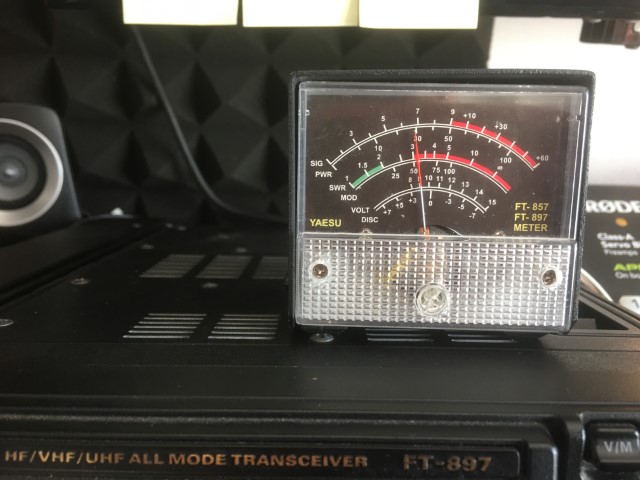Any Amateur Radio Operator should know what a signal report is. The R-S-T system is a good way of being informed how well you are being received by another station.
For those who need a refresher, I suggest having a read of VK5PAS Signal Reports webpage. His article was also one of the reasons I decided to write this blog post.
I share Paul's view, I too would prefer to receive an accurate signal report. So many times I hear stations giving 59 signal reports but then repeatedly ask the other station for their callsign. Why? didn't you get it the first time on your 59 signal from them? Obviously the signal was anything but 59 and you didn't hear what their callsign was.
I will always give an accurate signal report to you.
If you are 34 into my location I will tell you so. Likewise, If I am 24 into your station, please tell me I'm 24.
I want to know if my signal is low, as this can help confirm propagation, whether I may have an issue with my antenna or other problem that might be going on. Along with that, I test a various home-brew long wire antenna's and if one works better than the other an accurate signal report will help in the tweaking of my antenna.
So, If I'm a 34 SSB or 324 CW then please tell me, I can then use this information from my logbook across multiple contacts to see if it was due to propagation, some form of interference or an issue I may need to look at with my TX.
As for contests, I will always give accurate RSTs there too, for the same reasons above. I get that it's all about getting as many contacts as possible and quickly, but skewing reality makes it look like there are never any oddities in propagation which just isn't true.
If your asking a station for their callsign over and over again it's not going to take you any longer to glance at the S-meter to give them an accurate RST.
